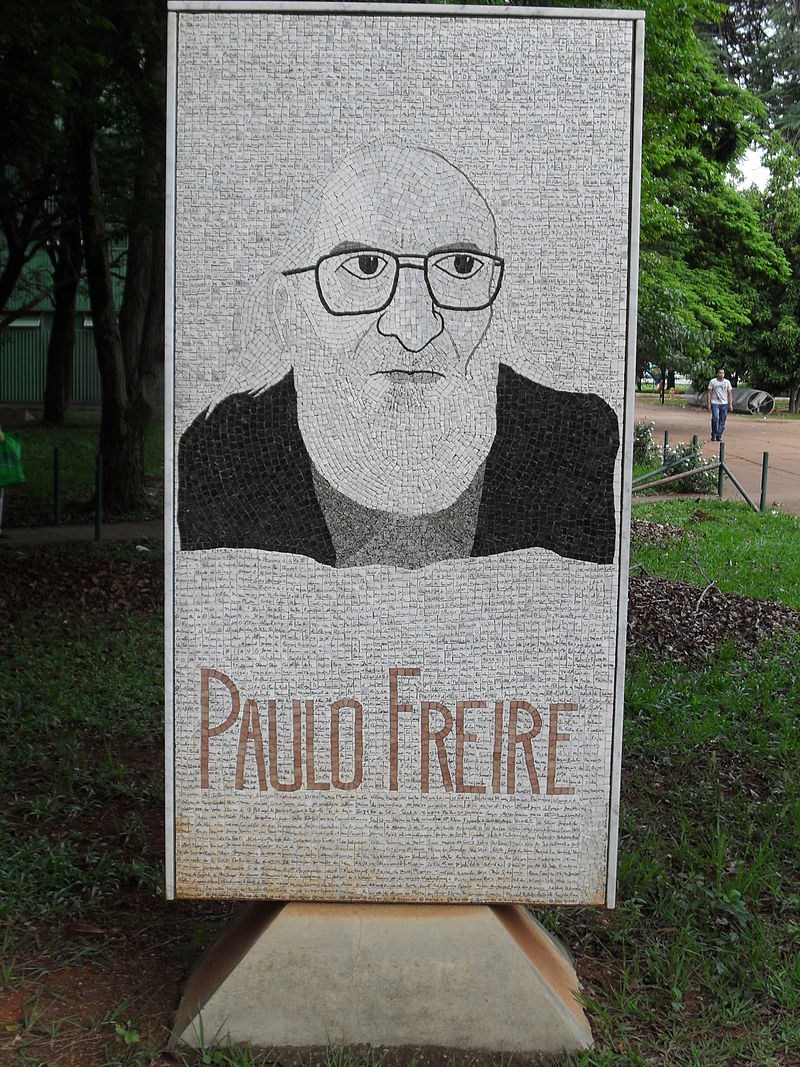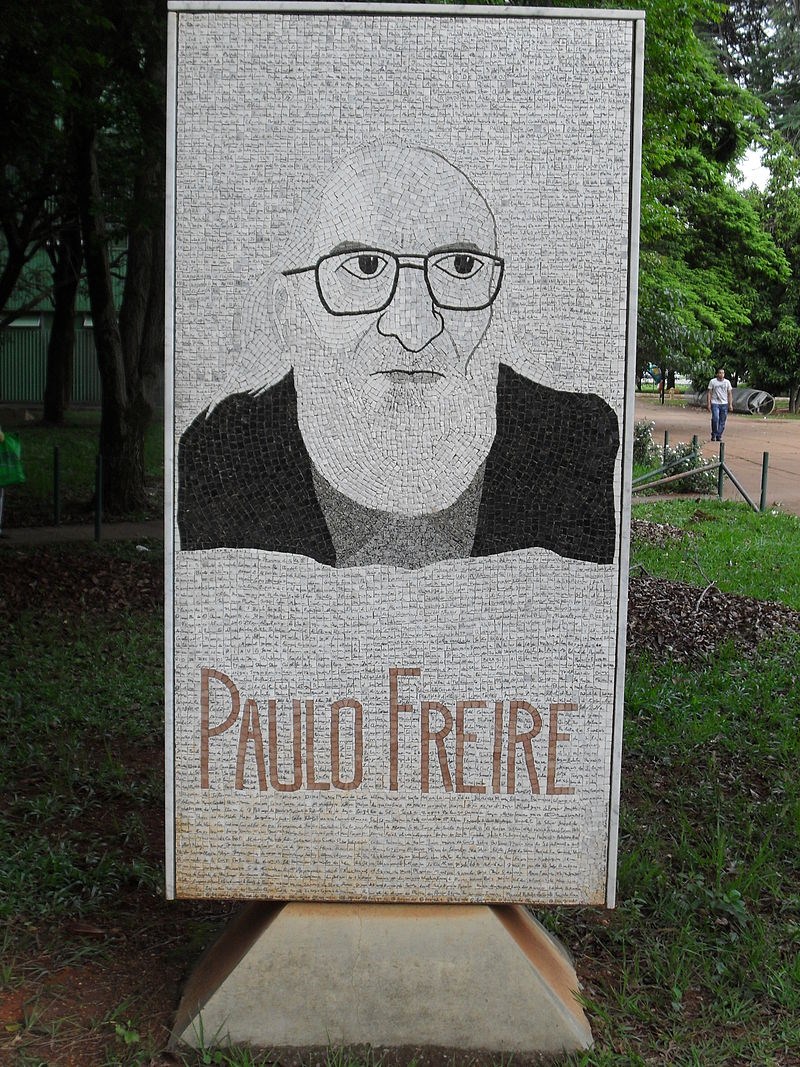 In a society so addicted to humiliation - to making others wholly and utterly wrong - honing a wholesome humility is an important spiritual discipline. In my own case, it’s been a long and winding journey. It has led me further and further into my God-gifted authenticity and it’s not finished yet. But in the process, with the caring corrections of the Holy Spirit working in and through the communities with whom I live and work, I am constantly growing in my ability to reject humiliation and embrace a wholesome humility.
In a society so addicted to humiliation - to making others wholly and utterly wrong - honing a wholesome humility is an important spiritual discipline. In my own case, it’s been a long and winding journey. It has led me further and further into my God-gifted authenticity and it’s not finished yet. But in the process, with the caring corrections of the Holy Spirit working in and through the communities with whom I live and work, I am constantly growing in my ability to reject humiliation and embrace a wholesome humility.
Paulo Freire, pictured here on a monument outside the Ministry of Education in Brasilia, Brazil, wanted education to appreciate and enhance the collective wisdom of the people. It was not, he contended, to be used to download the assumptions and the agendas of the powerful, often in ways that used humiliation as a weapon of domination.
I remember this line from his Pedagogy of the Oppressed (1970) – “Dialogue cannot exist without humility.”
There are some interesting aspects of humility being highlighted these days in research by positive psychologists. Here’s a brief summary of the key benefits the “quiet value” of humility generates found in a recent article by Peter Hill:
· a willingness to see oneself and one’s place in the world accurately;
• an ability to acknowledge personal mistakes and limitations;
• an openness to learn from others;
• low self-focus; and
• an appreciation of the value of all things, including others’ strengths and contributions.
In a culture where the self-development gurus fill the talk shows and pod casts with the competing claims of self-assertion and self-denial, the idea of a wholesome humility holds out some intriguing possibilities. Here are three that I find provocative and powerful, drawing out my best and focusing my flow of energy to help me contribute ever more generously to the common good.
1. The first possibility is to approach everything with curiosity, in a listening mode. One of the most influential pastors in Presbyterianism, the primary form of Christianity by which I am nourished, is John Calvin. He does not have a reputation for being humble. But a deeper read of his work suggests there is more humility there than many attribute to him. He speaks of his awakening to a deep faith as God giving him “a teachable spirit.” In his prayers especially, you can find that yearning for wisdom running throughout his work and witness. So often, we react in situations with contention or criticism, then wonder why everything is so conflicted. Curiosity, followed by genuine listening, opens up the space for a wholesome humility that undergirds lasting alliances.
2. The second possibility is to build lasting alliances that are forged around a common beneficial purpose. Many nations around the world are being torn apart by narrow, partisan convictions about superiority, privilege, and greatness. The rich are pitted against the poor, races are derogatory towards other races, genders assault and abuse each other, regions stay stuck in vicious cycles of violation and vengeance. This, I say with deep sorrow, is becoming more and more the norm. It will take many of us working together in our several circles of influence to make things whole with a humility that draws everyone together. Wholesome humility is a resistance movement. It is rooted in resilient respect and care for the whole of creation.
3. This way of being, in the spiritual tradition that nourishes me on my journey, is seen most clearly in the work of redemption that the Creator did in Jesus, the Christ. That is my conviction. I hold it with what I hope and pray is a wholesome humility. I still have much to learn from others both within and outside of that tradition. Fellow participants in my spiritual tradition have done humiliating things when we have lost sight of the wholesome humility to which our God calls us. But there is an ancient phrase often used in Christian worship following our prayers of confession. “The past is dead and gone. Everything is fresh and new. Thanks be to God.” That assurance of forgiveness, undeserved as it may be, holds the key to living ever more faithfully into a wholesome humility. It frees us to be curious, collaborative, and constructive.
My Facebook feed, as you can imagine, is dominated these days by Trumpophobia. I’m ignoring those postings more and more (except some of the more biting cartoons). I’m tired of callous contention and criticism. They are simply forms of humiliation that know nothing of wholesome humility.
My prayer, my plea, my invitation, is to initiate dialogues in your circles of influence that foster and support wholesome humility. It can start with you. And it might just become a healing contagion.
 Brian Fraser is lead provocateur of Jazzthink and minister with Brentwood Presbyterian Church in Burnaby, BC. He works primarily with not-for-profit staffs and boards convening COOL conversations for SMARTer leadership. You can find out more at www.jazzthink.com and www.brentwoodpc.ca.
Brian Fraser is lead provocateur of Jazzthink and minister with Brentwood Presbyterian Church in Burnaby, BC. He works primarily with not-for-profit staffs and boards convening COOL conversations for SMARTer leadership. You can find out more at www.jazzthink.com and www.brentwoodpc.ca.
You can read more articles on our interfaith blog, The Spiritual View, HERE
* [The image is taken from Wikimedia Commons and the attribution is By User:Brandizzi (Own work) [GFDL (http://www.gnu.org/copyleft/fdl.html) or CC BY 2.5 (http://creativecommons.org/licenses/by/2.5)], via Wikimedia Commons.]


